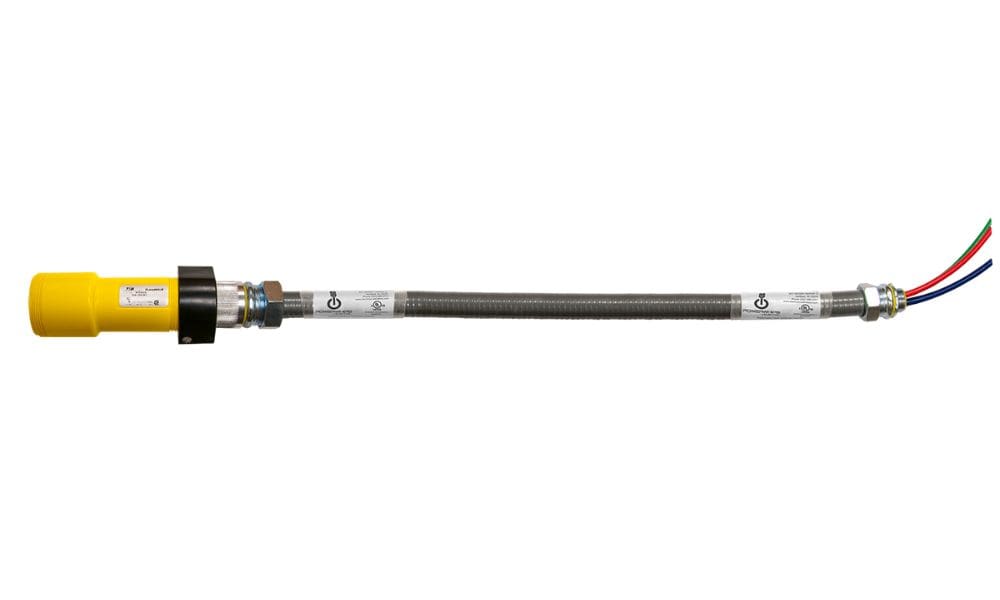
National Electric Code
The National Electric Code (NEC) is a set of standards that help protect the well-being of individuals during electrical installations. It’s generally advantageous for business owners, especially owners of data centers, to have an understanding the National Electric Code since there are concerns like balancing power loads. However, there are many misconceptions regarding this set of standards. For your convenience, check out these five important facts about the NEC.
The National Electric Code Is Historically Relevant
What is the National Electric Code? It encompasses standards that the National Fire Protection Association (NFA) has created concerning electrical installation and correct voltage ratings. Before diving into the specifics of the National Electrical Code, it’s important to understand how and why these practices have lasted for many years. Originally published back in 1897, the “code” remains relevant across many industries. The NEC applies to you whether you’re in a residential, commercial, or industrial location.
Since the 1890s, these rules are updated every three years, making it a constantly evolving and practical set of codes. The National Electrical Code never has and will never be outdated, as there will always be a need for electrical safety.
The National Electric Code Isn’t the Law
A common misconception regarding the National Electric Code is that it’s a federal set of laws. In truth, the National Fire Codes, published by the National Fire Protection Association (NFPA), include these rules.
The NFPA is a private trade association and has no affiliation with the federal government. However, these rules are legally binding and upheld by state-level jurisdiction. Those who violate NEC codes are subject to fines and litigation, making it essential to understand these codes so that you may avoid going against them.
Canada Doesn’t Follow the National Electric Code
Multiple North American countries share many electrical codes and standards – the National Electric code isn’t one of them. Canada has its own rules published by the Canadian Standards Association, which share some similarities to the NEC but differ in certain aspects.
But why is this important? Electricians who train in Canada must retrain in the United States and vice versa. This secondary training isn’t typically difficult as there are many shared guidelines between the NEC in the United States and the Canadian electric code.
The National Electric Code Raises Awareness of Hazards
This fact may seem obvious, but learning the National Electric Code ensures businesses and electricians are fully aware of hazards within their industry. Some hazards discussed in the code include arc shocks, flashes, and blasts – understanding these dangers and implementing changes during preventative maintenance makes it more likely that everyone remains safe in the event of an accident.
Most importantly, the code helps individuals prepare for incidents by ensuring installation processes are safe and ethical. Overall, knowing the NEC specifics saves hardware and lives.
The Public Can Change the National Electric Code
If you find yourself questioning certain aspects of the code, you can suggest changes for the next published series. You can fill out an official form found on the National Fire Prevention Association website and submit it to the NEC.
You must include a substantiation along with this form to ensure the association considers the change. NFPA posts these proposals on their website, where other members of the public can provide their input. Most of these suggestions get shot down, but a few make the cut when the NFPA publishes new codes!
Understanding different facts about the National Electric Code is vital to remaining safe. Ensure you and your peers learn these rules before installing electrical components. We at PowerWhips adhere to the code and make sure our products are suitable for installation. For questions about our Russellstoll connector items and other products, call (262) 966-3741 or fill out the form on our Contact Page to get in touch with us.
